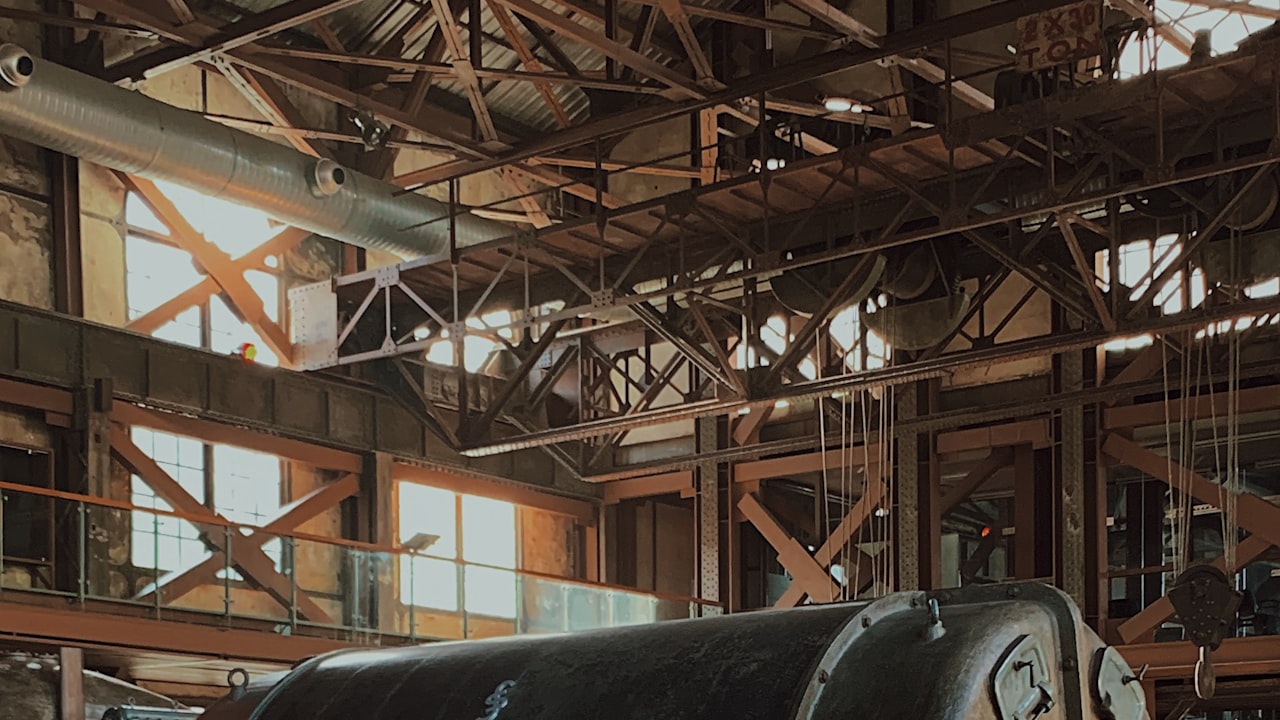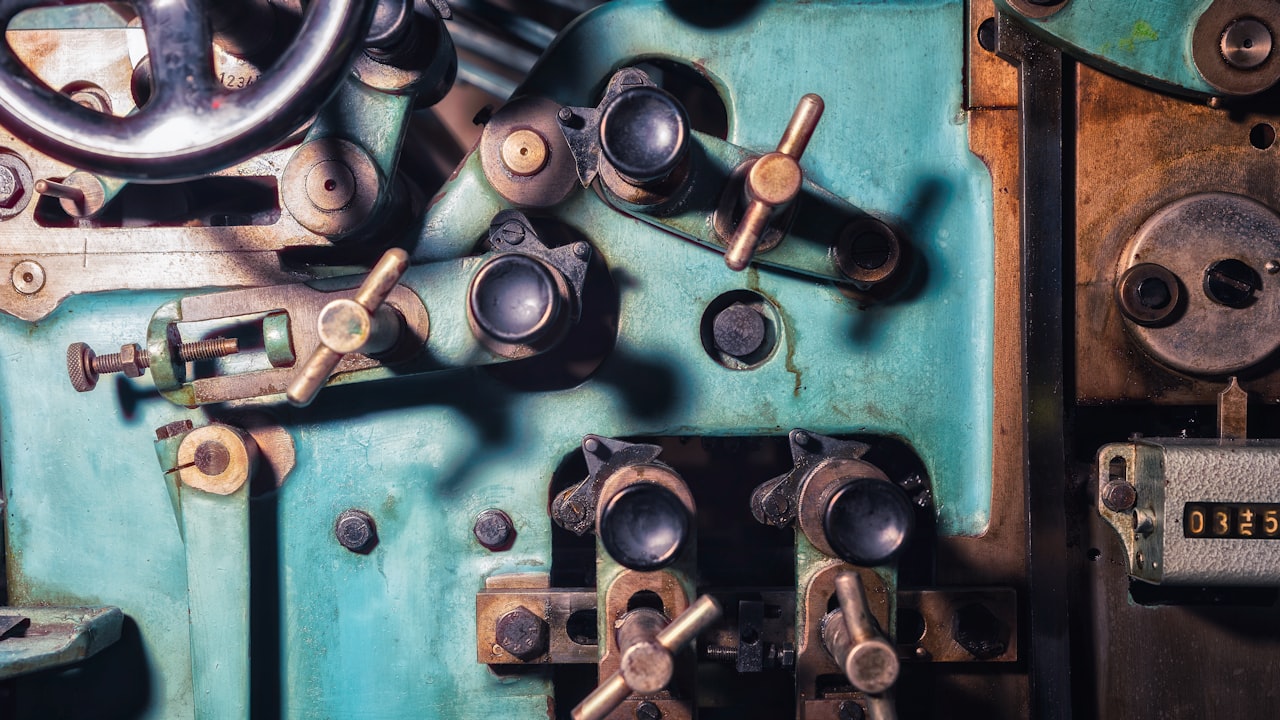Title: “The Evolution of Pharmaceutical Machinery: Advancements in Drug Manufacturing”
Pharmaceutical machinery has played a vital role in the evolution of drug manufacturing processes. Over the years, significant advancements have been made in the design and functionality of equipment such as tablet press machines and capsule filling machines. Two key types of machines commonly used in pharmaceutical production are the Tablet Press Machine (TDP) and the Tablet Hardness Testing Machine (THDP).
The Tablet Press Machine (TDP) is a crucial piece of equipment in pharmaceutical manufacturing. It is used to compress powdered ingredients into solid tablets of precise sizes and shapes. TDP machines come in various models with different capacities to meet the diverse production needs of pharmaceutical companies. These machines are equipped with advanced technologies like automatic feeding systems, compression force controls, and turret speed adjustments to ensure high efficiency and accuracy in tablet production.
In recent years, there have been significant advancements in tablet press machines, with the integration of features such as real-time monitoring systems, data analytics, and remote control capabilities. These technological upgrades enhance the overall performance and reliability of TDP machines, leading to improved productivity and quality in drug manufacturing processes.
Another essential machine in pharmaceutical production is the Capsule Filling Machine. This equipment is used for encapsulating drug formulations into gelatin or vegetarian capsules of various sizes. Capsule filling machines are designed to accurately fill the capsules with the required dosage of active pharmaceutical ingredients, excipients, and other additives. Like TDP machines, capsule filling machines have evolved over time to incorporate automation, precision dosing mechanisms, and quality control systems for increased efficiency and consistency in capsule production.
In pharmaceutical manufacturing, the Tablet Hardness Testing Machine (THDP) plays a critical role in ensuring the quality and durability of tablets. THDP machines measure the hardness, thickness, and diameter of tablets to assess their mechanical strength and integrity. By conducting hardness tests, pharmaceutical companies can verify the uniformity and reliability of their tablet formulations, ensuring that the products meet regulatory standards and provide consistent therapeutic outcomes for patients.
Overall, the evolution of pharmaceutical machinery, including Tablet Press Machines, Capsule Filling Machines, TDP, and THDP equipment, reflects the industry’s commitment to innovation, efficiency, and quality in drug manufacturing processes. With continuous advancements in technology and engineering, pharmaceutical companies can improve their production capabilities, enhance product quality, and deliver safe and effective medications to meet the healthcare needs of patients worldwide.

 Title: “The Advancements in Pharmaceutical Machinery: Revolutionizing Drug Production”
Title: “The Advancements in Pharmaceutical Machinery: Revolutionizing Drug Production” Title: Revolutionizing Pharmaceutical Production: The Impact of Pharmaceutical Machinery
Title: Revolutionizing Pharmaceutical Production: The Impact of Pharmaceutical Machinery



